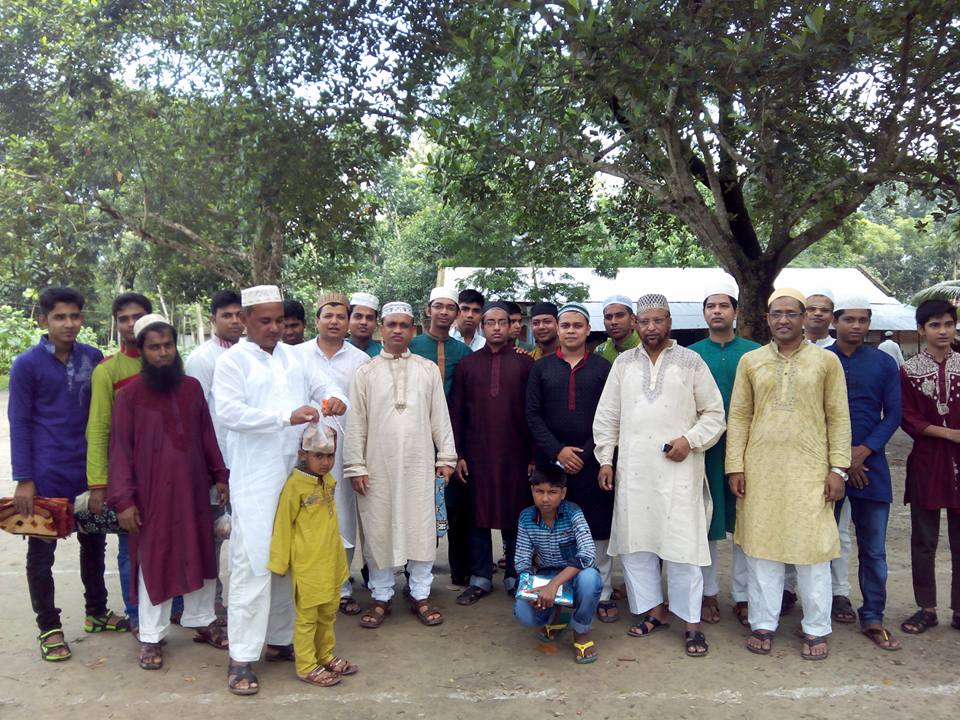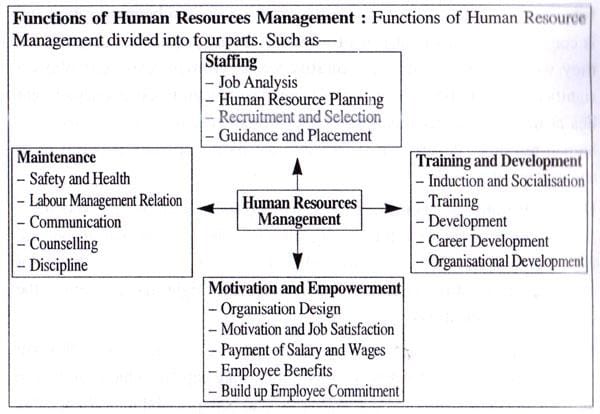Introduction: Efforts for rural development in Bangladesh are not new. However, massive and determined efforts have been made after the liberation of Bangladesh to improve the condition of the rural lives. A good number of government departments, semi-government, and autonomous agencies including NGOs are functional in the field. Millions of taka are being spent every year. But these efforts brought nothing but frustration. Thus, to make the efforts of rural development fruitful, all the government and non-government organizations, the rural people would take part in development works mutually and individually.
Problems of rural development in Bangladesh: The problems and paradoxes with the programs, policies, and initiatives for rural development in Bangladesh are legions. Among them, the most striking problems are as under:
- Theoretical inconsistency: The tragedy of rural development in Bangladesh is that we have not yet been able to settle down our mind. Our theoreticians also suffered from ambivalence and lack of firmness. They have remained vulnerable to the waves of theories and views of multilateral and bilateral donors. Thus, the rural development in Bangladesh would suffer from various anomalies, confusions, and contradictions which are deeply reflected in matters of policies, strategies, objectives and program contents.
- Development around people rather than People around development: It is increasingly believed that rural development programs, approaches, and strategies should be such as to build development around people rather than people around the development. In Bangladesh, development of the ability of masses is least emphasized. The education, healthcare, food, and nutrition etc. are being ignored.
- The distance between experts and target groups: The physical and psychological distance between experts and target groups produce development programs which are both paternalistic and ill-directed. The development planners and administrators make assumptions about rural poor which are not always tenable often villages in different regions are thought as an entity possessing some common characteristics. And that may be one of the reasons for the failure of bureaucratically induced programs.
- Lack of motivation for work: In our rural areas, personnel involved in rural development activities lack motivation and commitment to their work. The general tendency is to complain regarding the facilities and privileges but reluctant about the responsibilities and obligations. Highly qualified development officers cannot work mutually with the poor, unskilled and illiterate rural masses.
- Mistrust and non-confidence of local leadership: People in our rural communities do not trust their leaders. Leaders are generally identified as ‘tout’ by rest of the villagers. As a result, whatever good things they advocate the people apprehend some hidden intention behind the proposals. Hence, our leaders cannot play the role of change agents.
- The functional gap between development center and villages: The roots of all the problems of development are at the rural level but the skills and technologies are stagnant at Upazilla centers. The personnel posted at the Upazilla center with technical knowledge hardly think of working in the villages. Even the village representatives also are not sufficiently convinced to come to them for improved knowledge and skills. So, the gap created between development center and villages is one of the greatest problems of rural development.
- Need does not govern aid but aid creates need: An important pitfall of rural development in our country is that it is not the need which governs aid but aid which creates a need. Although the country every year receives a plenty of foreign aid for rural development, most of the kids go to help the agribusiness of multinationals to buy essential components of rural development.
- The triangular share of benefits instead of rural poor: The Kulak-tout bureaucrat triangle becomes a highly exploitative system in our rural committees instead of rural poor; they share the benefits of rural development among themselves, decide who to get what.

Suggested measures
- Building institutional infrastructure: For effective rural development, there should have two sets of institutions
(i) Local government institutions
(ii) Cooperatives and informal organizations.
It is emphasized that local government at each tier should be more people oriented and constituted of elected representatives.
On the other hand, the following measures are proposed to ensure the sustainability of cooperative institutions: – strengthening cooperative training and education; developing nationwide marketing system for cooperative products; – strengthening of savings and thrift deposit system in the Societies.
- Strengthening the resource base of local government: The resource base of local government should be widened and strengthened. For this following measures may be taken:
– increasing the toll rate of huts bazaars, Jal mahal developed under development projects. – bringing about efficiency in leasing system; – opening up more sources of revenue earning;
– implementing income-generating projects under union Parishad.
- Effective coordination between govt. and NGOs: For the effectiveness of rural development programs, coordination between govt. and NGOs is a must. For this, following measures should be considered: – mutual utilization of available facilities and services; – setting up a national information system;
– networking of NGOs in the field of rural development in consultation with NGO affairs bureau.
- People’s participation: People’s participation is a must for effective rural development. Here participation means extensive dialogue with all the groups likely to be affected. So, local people should be- granted representation;
– briefed and updated about the social and economic effects of the programs; – consulted about the engineering and design components of the program; — granted the right to decide whether or not a particular program will be implemented;
- Resource mobilization: Resource mobilization for rural development involves that
– A minimum percentage of the total credit distributed by banks must be earmarked for rural areas;
– Compulsory credit for the rural poor can be introduced; – ownership of agricultural inputs may be given to the poor.
- Disadvantaged focused strategies: The intervention for the cause of disadvantaged considered to be following:
– Land redistribution, employment generation, market creation and development of human resources;
– increasing the livestock and poultry, fish, fruits and Vegetables should be geared up, – policy changes are needed to ensure the participation of rural women in the whole range of rural development activities.
- Employment creation: To solve the unemployment problem of rural areas, there need to –
– establish Small industries in rural areas;
– micro credit to unemployed youths for implementing self-generating projects;
– motivating the youths to work instead of looking for govt. job.
- Special attention on training for rural development: The crying need for rural development is a group of trained people. For this,
– Existing RD training institutions should be strengthened with necessary manpower. – Adequate financial support and infrastructural facilities should be provided; – more training centers at the local level should be settled up.
Conclusion: Above discussions clearly show that the present condition of rural development in Bangladesh is not satisfactory. However, the proposed measures for overcoming the shortcomings of rural development also are not final but these are fundamental. More action oriented programs are needed for effective rural development and increasing the standard of living in rural areas. After all, without the participation of concerned communities in development, no program of development would be fruitful.

